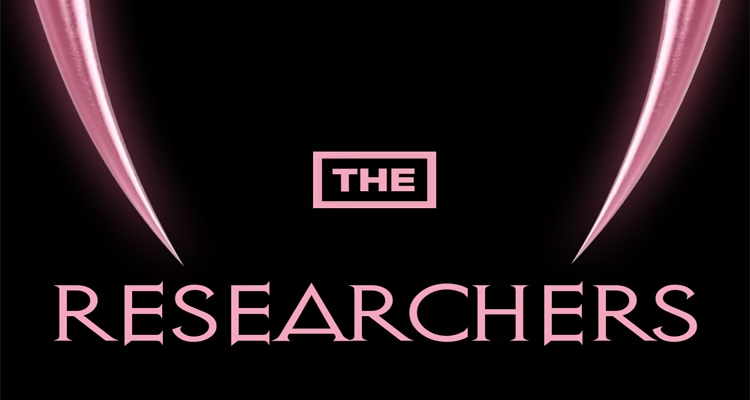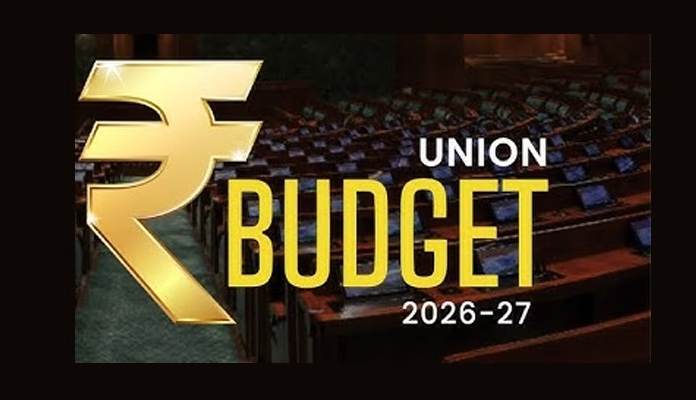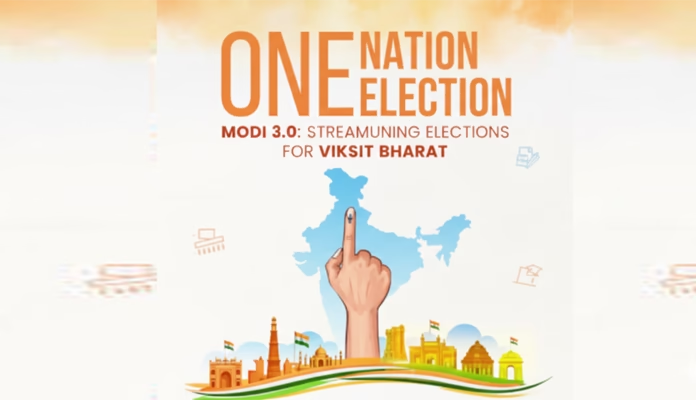
 Sanjay Saxena
Sanjay Saxena
The end of Britain’s 60-year-old occupation of the Chagos Archipelago marks a historic moment that erases one of the darkest remnants of colonial rule, which continued to shadow several parts of the world even decades after independence. On 22 May 2025, British Prime Minister Keir Starmer and Mauritian Prime Minister Navin Ramgoolam signed a landmark agreement in a digital ceremony, officially transferring the Chagos Archipelago including strategic and militarily significant islands such as Diego Garcia back to Mauritius. Behind this historic deal stood another silent yet pivotal force India. Particularly, the role of Prime Minister Narendra Modi was crucial and decisive in this diplomatic development, although he always remained behind the scenes.
The story of the Chagos Archipelago is not just about geography or strategy, but also about justice, sovereignty, and self-respect. In 1965, just as Mauritius was on the verge of gaining independence from Britain, the British separated the Chagos Archipelago from Mauritius and retained it under their control. Subsequently, thousands of local residents were forcibly evicted from their homes, and the island of Diego Garcia was developed into a massive military base for the United States a base that remains an essential part of America’s global strategic framework to this day. Since then, Mauritius had been fighting for the return of this land a battle that has finally reached its conclusion.
Under the terms of the agreement, Britain has returned sovereignty over the archipelago to Mauritius, although Diego Garcia will continue to be used jointly by Britain and the U.S. under a 99-year lease. In return, Mauritius will receive approximately £101 million annually. This arrangement also maintains the strategic military balance considered essential by the U.S. and its allies in the Indian Ocean. Yet, the most significant aspect of this development is that a deep wound of colonialism has finally begun to heal.
This agreement did not happen overnight. It was the result of years of negotiations, debates on international platforms, and quiet diplomacy. India’s role in this context is especially noteworthy. Since 2019, when the International Court of Justice issued an advisory opinion declaring Britain’s occupation illegal, India has consistently supported Mauritius’ claim. Whether in the United Nations General Assembly or in regional groupings of Indian Ocean countries, India has made it clear that the Chagos Archipelago is an integral part of Mauritius and that its return was only a matter of time.
Prime Minister Narendra Modi viewed this issue not merely as helping a friendly nation but as a moral initiative to strengthen the voice of the “Global South” and confront the legacy of colonial history. That is why India’s role in this entire affair remained significant but was never used for publicity or political gain. India did not release any grand official statements, nor did it present this as a diplomatic victory. But Mauritius wholeheartedly acknowledged the support, explicitly thanking Prime Minister Modi.
Mauritian Prime Minister Navin Ramgoolam stated during the digital ceremony that India’s consistent diplomatic support and trust were instrumental in bringing this struggle to fruition. According to him, the return of Chagos is not just the return of territory, but the restoration of dignity and India’s role in this was invaluable. India’s Ministry of External Affairs called the agreement a “historic resolution” and said it would serve as a milestone for stability, cooperation, and peace in the Indian Ocean region.
There was, however, a minor but sensitive hurdle along the way. A Chagos native, Beatrice Pomp, filed a petition in a British court expressing concern that if the islands were handed over to Mauritius, she might not be allowed to return. The court temporarily halted the agreement, but the injunction was lifted after the hearing concluded, clearing the way for the final signing.As for Diego Garcia, it remains an extremely important outpost for the U.S. military, particularly in terms of monitoring Afghanistan, Iran, and China. Therefore, the agreement was not merely historical or emotional; it had multiple layers of strategic and security concerns. Striking a balance here was crucial and India played a significant role in achieving that.
This agreement also offers a glimpse into a “New World Order.” Today, as Western powers begin to dismantle their old colonial footprints, countries like India are stepping forward not only to forge partnerships but also to define their role based on justice and moral values. This is not just about geography it signals a transformation in global consciousness.This entire episode has once again proven that although justice may be delayed, it is achievable provided there is strong will, consistent diplomatic effort, and international cooperation. The return of Chagos is not just a victory for Mauritius but also a ray of hope for millions whose lands, identities, and rights were taken away through colonial conspiracies.
For India, this is both an opportunity and a responsibility. An opportunity because its influence in the Indian Ocean has become more stable and widely accepted. A responsibility because as India aspires to become the voice of the Global South, it must continue to stand on the side of justice and morality whether the issue concerns a small African nation or an island state in South Asia.The return of the Chagos Archipelago is no ordinary event. It is a turning point in history where the door on colonialism has been closed, and a new chapter of global justice has begun. In this victory, India’s role has been that of a quiet but firm foundation and it demonstrates that true diplomacy doesn’t always make noise, but it does change history.




